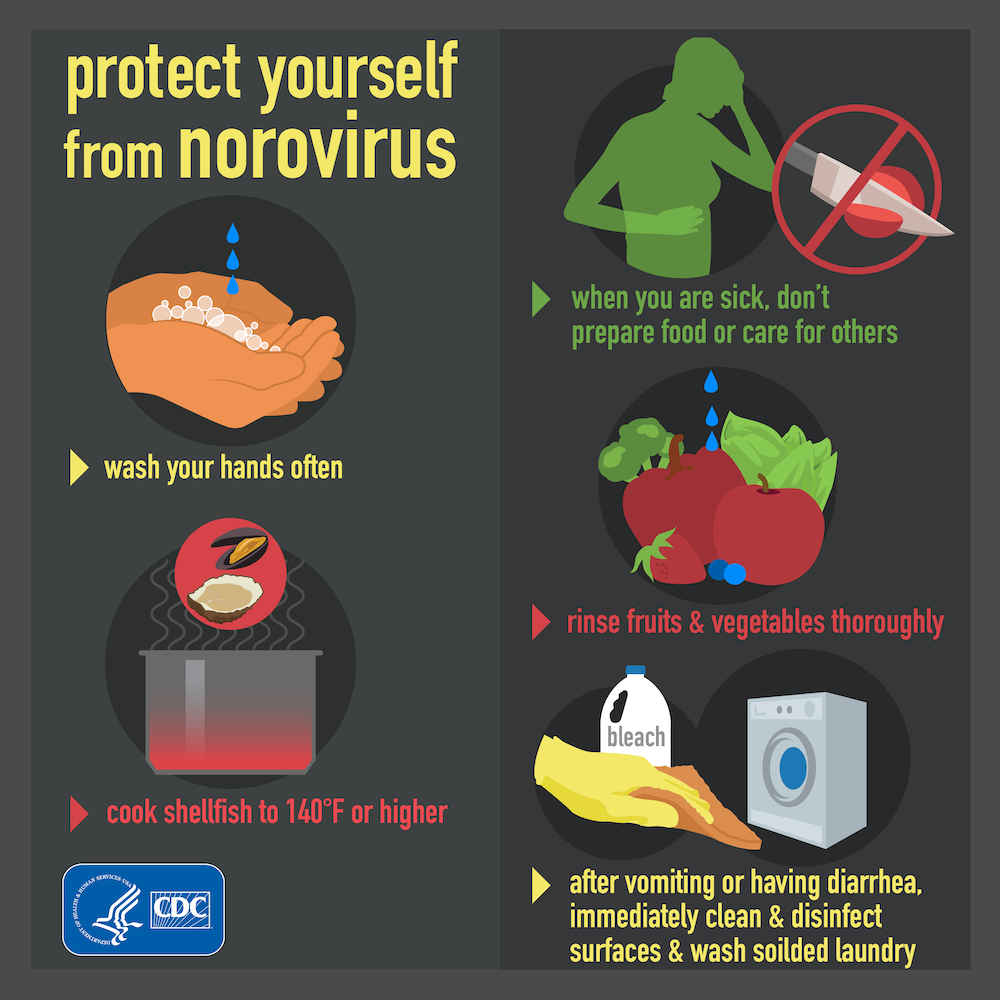Norovirus often hits the headlines as the cause behind outbreaks of stomach illnesses in communities, schools, and cruise ships. Despite its notoriety, there’s a lot of misunderstanding about what norovirus is, how it spreads, and how we can protect ourselves from it. Let’s dive into the basics of norovirus to better understand this pervasive health threat.
What Is Norovirus?
Norovirus is often mistakenly called “stomach flu,” but it has no relation to influenza, a respiratory virus. It’s a highly contagious virus that leads to inflammation of the stomach and intestines, causing symptoms such as nausea, vomiting, diarrhea, and stomach cramps.
How Does Norovirus Spread?
Norovirus spreads rapidly in several ways. You can catch it by consuming contaminated food or water, touching contaminated surfaces and then your face, or having direct contact with someone who’s infected. It’s notorious for its low infectious dose – meaning you only need to be exposed to a few virus particles to fall ill.
Matt Peterson, a surveillance epidemiologist with the Wyoming Department of Health, explains the challenge in spotting contamination. “You might think your kitchen or bathroom is clean, but norovirus can lurk unseen. It takes very tiny amounts of contaminated matter to make you sick,” he says.

The Misconceptions About Food Poisoning
One common misconception about norovirus is that the last meal you ate is the culprit. However, symptoms can appear anywhere from 12 to 48 hours after exposure to the virus. This delay can make it difficult to identify the source of the infection.
Symptoms and Treatment
Norovirus symptoms include not just stomach upset but also fever, headaches, and body aches. Most people recover within 1-3 days without long-term health effects, but dehydration can be a serious complication, especially for the young, elderly, or immunocompromised.
There’s no specific treatment for norovirus. The advice is to stay hydrated and rest. If you’re severely dehydrated, you may need medical attention.
Prevention Is Key
Preventing norovirus infection is straightforward but requires diligence. “Good handwashing and cleaning practices are essential,” says Peterson. “And remember, people can still spread the virus even after they feel better.”
Here are some norovirus prevention tips:
- Wash your hands thoroughly with soap and water, especially after using the bathroom or changing diapers, and before eating or preparing food.
- Disinfect surfaces that may be contaminated with a bleach-based cleaner.
- Stay home if you’re sick, especially from work or school, to avoid spreading the virus to others.
Conclusion
Norovirus may be a part of our lives, but understanding how it spreads and taking simple preventive steps can help keep Wyoming communities safer. Remember, the key to combating norovirus is not just personal hygiene but a community effort to maintain cleanliness and awareness.
- Wilson Boat Ramp to Undergo Routine Maintenance on July 16th - July 15, 2025
- Montana Unveils Grizzly Bear Conflict Dashboard - July 11, 2025
- Wyoming Game and Fish Opens Applications for Hunter Management Area Permission Slips - July 8, 2025